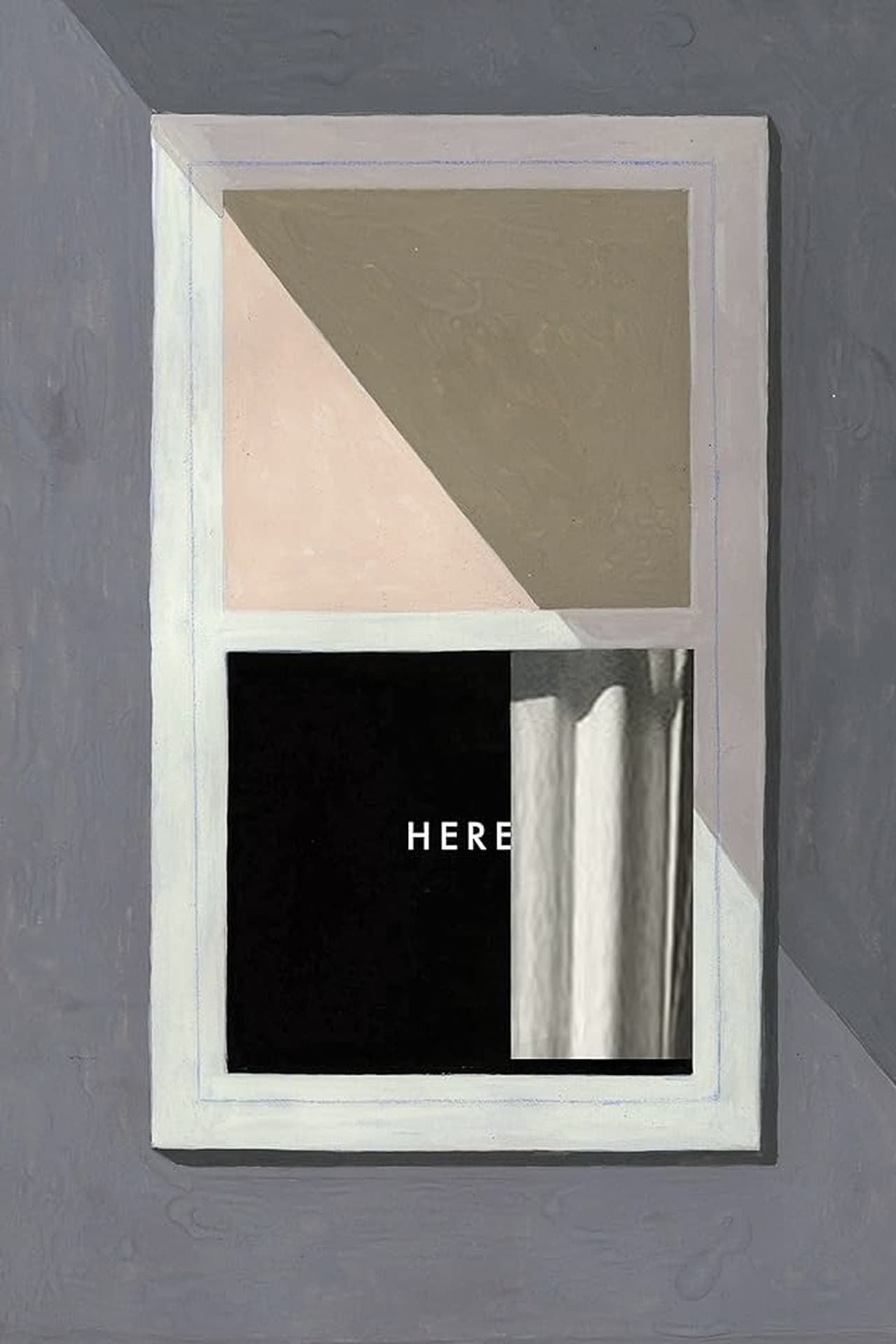Here, the recently released drama from Robert Zemeckis checks all the worst boxes in the director’s creative arsenal, with the trailer underlining Zemeckis’ unhealthy fondness for uncanny valley special effects and treacly storytelling. The promotional material warned viewers that Here would be another exercise in Baby Boomer indulgence, similar to Zemeckis’ Best Picture-winning modern-day American fable, Forrest Gump. Here might be a Forrest Gump reunion in the literal sense, as the film stars Tom Hanks and Robin Wright with screenwriting contributions by Eric Roth, but all the Boomer fantasies propagated by Gump are turned inside out in Zemeckis’ flawed but probing late-period reflection on the prevailing disappointment of life.
‘Here’ Reflects ‘Forrest Gump’s Baby Boomer Fantasies
Based on a graphic novel by Richard McGuire, Here takes place in a fixed setting inside a location in a New England town. Zemeckis jumps through the history of civilization, from the birth of civilization to the development of a quaint suburban home. A handful of families move into the home built at the dawn of the 20th century, but Here primarily centers around an idyllic postwar married couple, WWII veteran Al (Paul Bettany) and Rose Young (Kelly Reilly). Together, they raise a family of three children, including Richard (Hanks), who, as a young man, marries and starts a family with Margaret (Wright). Watching through this stationery lens, the Young family experiences love, grief, joy, and life in this place they call home, right here.
Here may read as a parody of a Hallmark movie from the outside, but Zemeckis’ riff on Terrence Malick‘s Tree of Life is equally bonkers and heartfelt with enough skepticism to avoid saccharine pratfalls. The film’s parallels to Forrest Gump are inevitable due to its principal artists, but its subversion of the all-American myth positions it as a revisionist take on Gump‘s hokey ideas. It’s no secret that Gump is identified as the ultimate Boomer fantasy, portraying an honest, simple Southerner raised in poverty who transforms into an accidental Great American Man. The 1994 film placates any Boomer’s fears about American innocence, showing that you can return to a comforting sense of normalcy amid social upheaval with an earnest, wholesome heart.
Robert Zemeckis’ ‘Here’ Shows the Unfulfillment of Baby Boomer Promises
Here teases Gump‘s Boomer idealism at the outset, with the noble veteran Al ready to adopt a picturesque lifestyle. Years after moving into their new home and becoming a father of three, Al stresses relentlessly about his job, quickly turning to liquor for relief. Every celebratory moment worthy of being displayed on a picture frame, such as Richard’s announcement of his girlfriend’s pregnancy or Margaret’s 50th birthday party, is infused with a tinge of pathos. While an unappealing aesthetic for some viewers, the digital sheen of the film suggests a level of plasticity in the Young’s world. All of their material gains are empty because they can’t find internal peace. The lone instance where we feel connected to Richard and Margaret is in the conclusion when they are elderly and sitting in their home without any decor.
Where basic Boomer sentiments revolve around showing the limitless possibilities of hard-working Americans, Here shows pessimistic characters always sweating over finances, as Al and Richard are constantly talking about being weighed down by rejected job promotions and federal tax rates. Of all the families who lived in this home, the only people who found true happiness were the ones who became rich. Leo (David Fynn) and Stella Beekman (Ophelia Lovibond), an eccentric couple in the 1940s, invent the La-Z-Boy recliner and move out to California to increase their wealth.
Throughout the film, Margaret insists to her husband that they finally move out and live on their own. Despite his frustrations with a dead-end job, Richard’s disposition is to stay put and carry the burden of his future generation. In an age where we’re still living under the tight grasp of Baby Boomers refusing to give up power in all facets of life, Robert Zemeckis taps into a poignant idea about the oppressive nature of his beloved generation in Here. The flashback to prehistoric and colonial America emphasizes the drastic changes undergone by civilization and humanity. Upon the arrival of the Youngs, people stopped evolving and opted to cling to tradition because they lost their sense of self-worth. By the mid-20th century, the only way to change the world was by revolutionizing the way home dwellers sit on a sofa and watch television.
Here is now playing in theaters in the U.S. Click below for showtimes.
Source link


